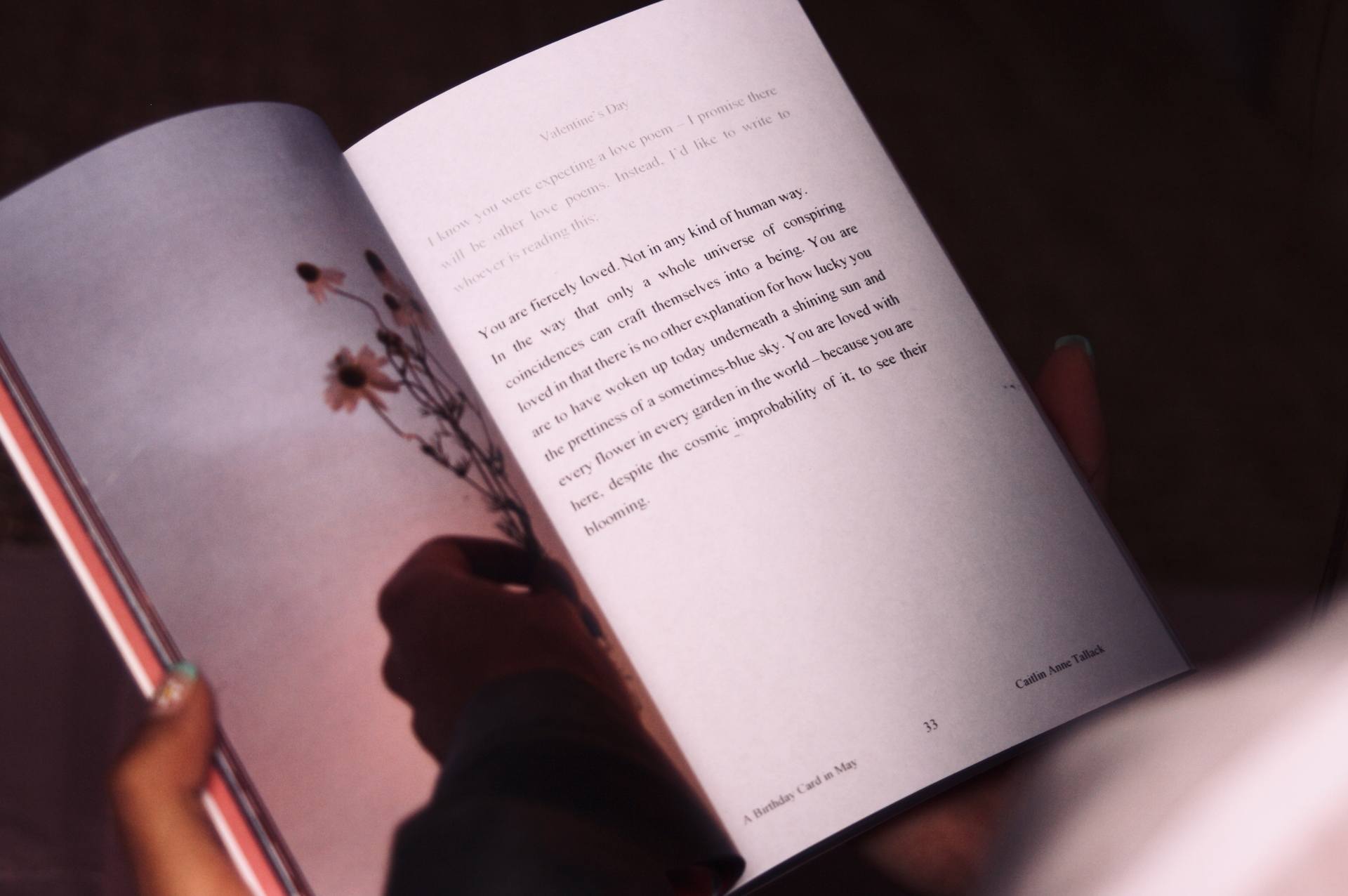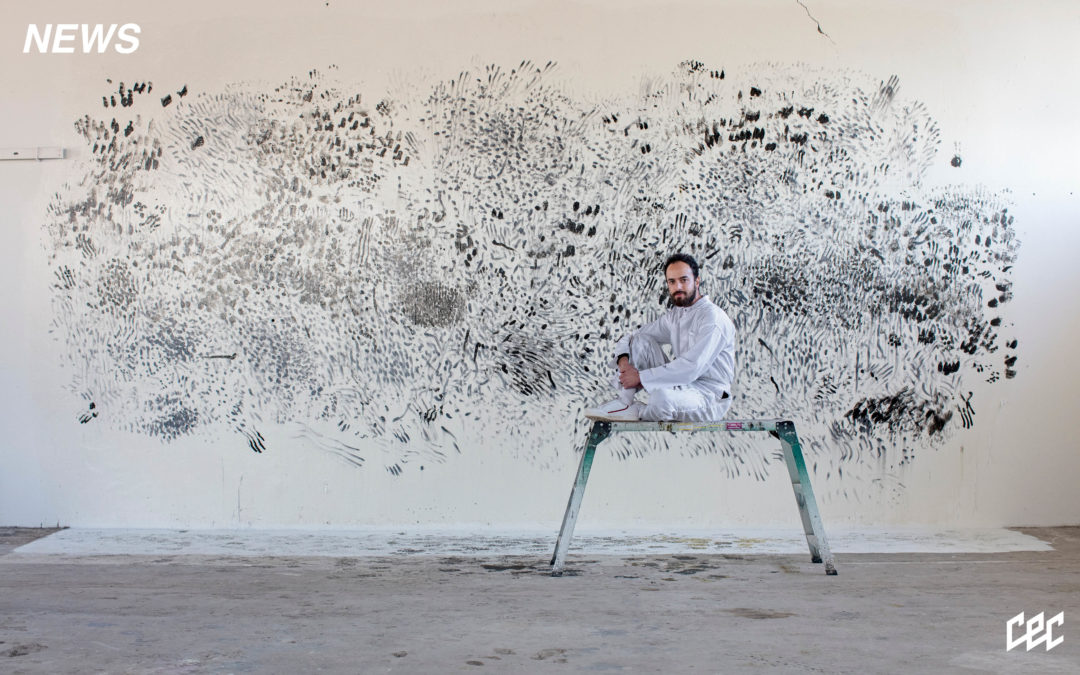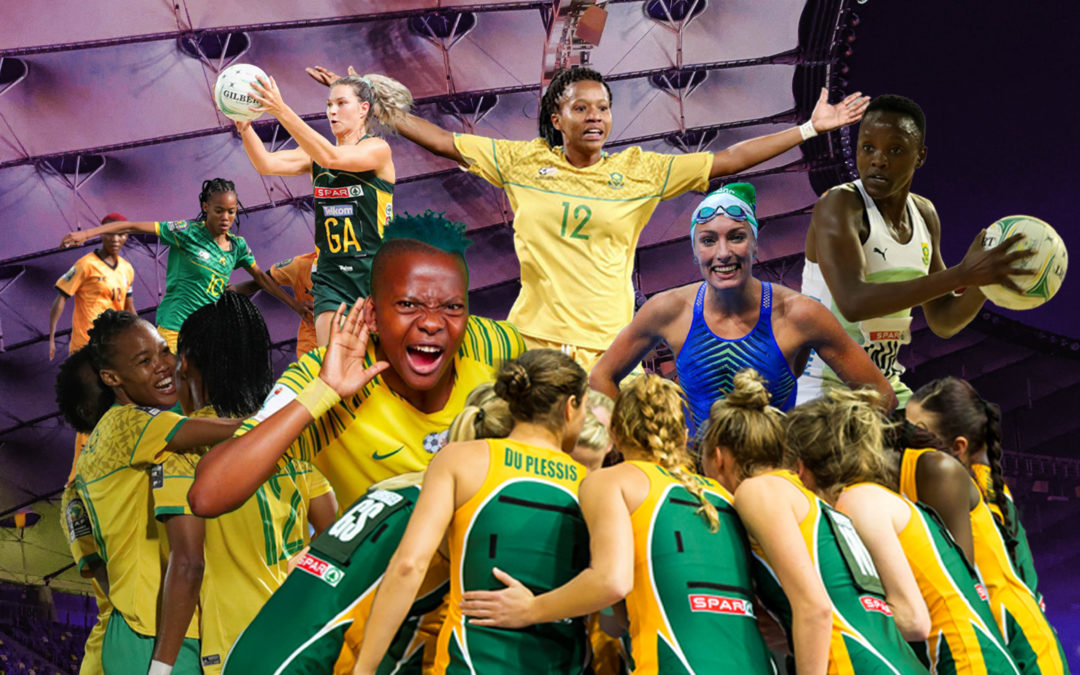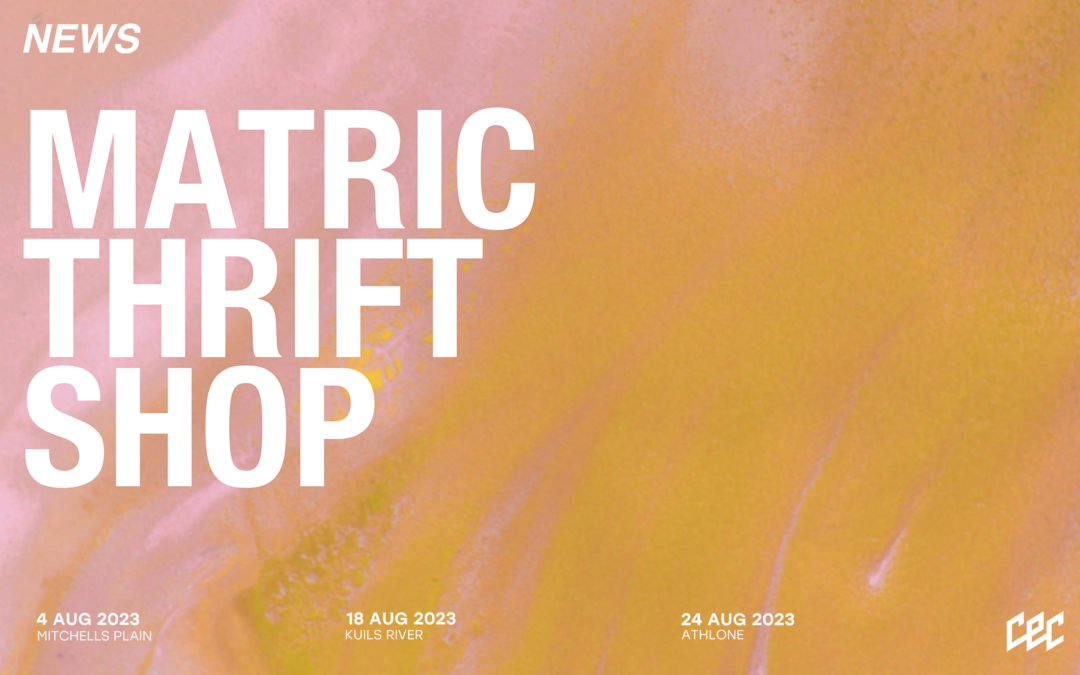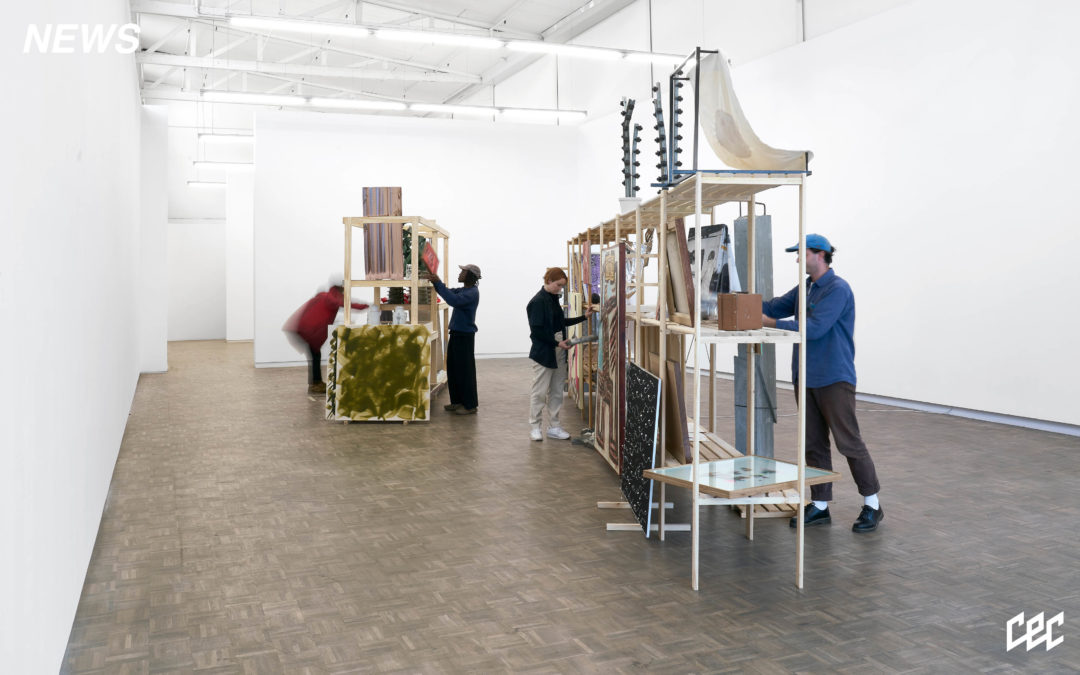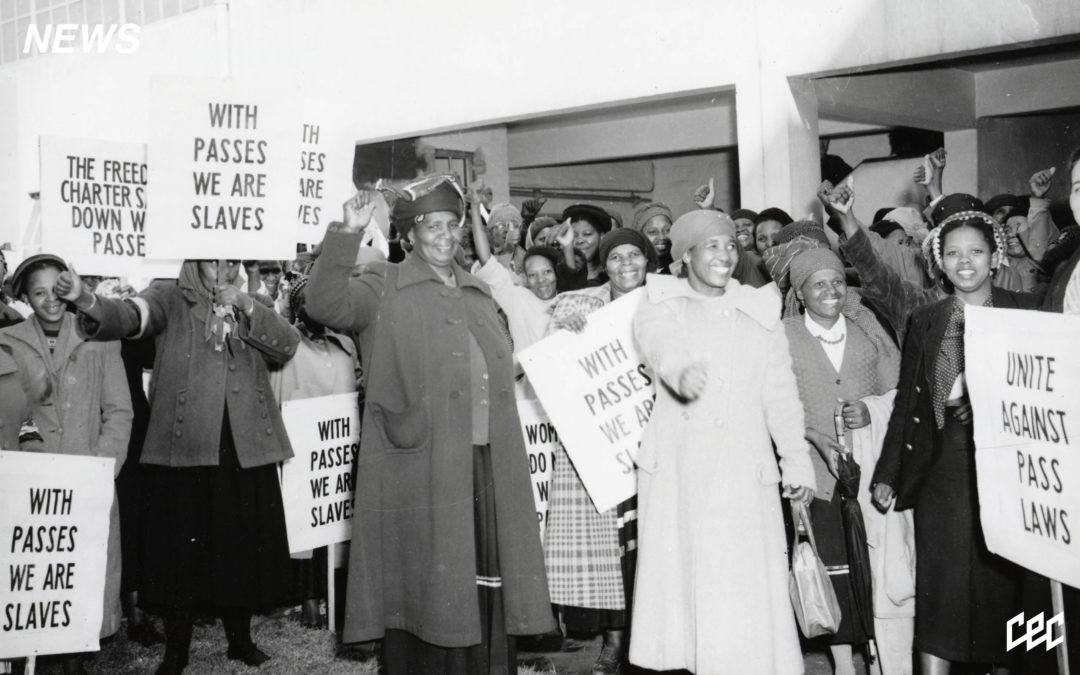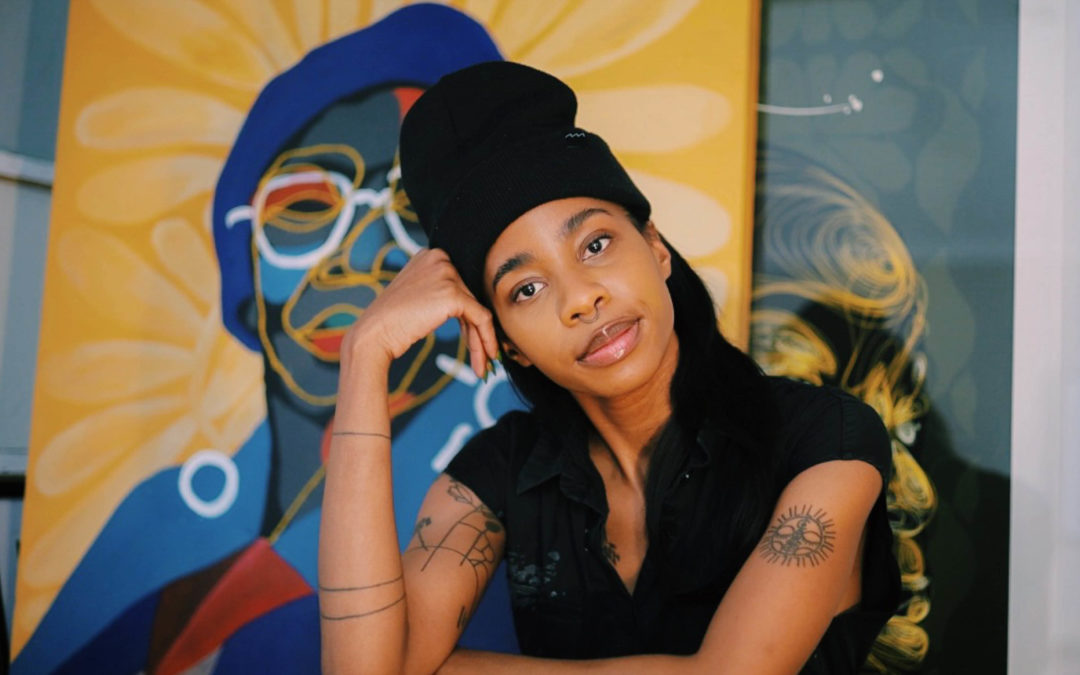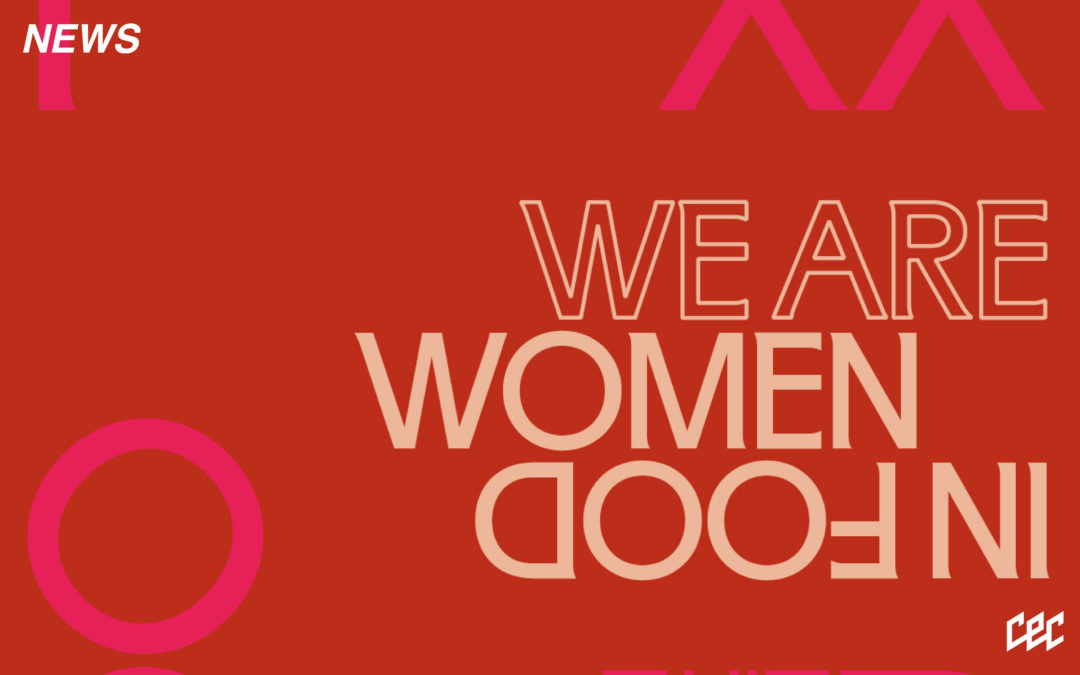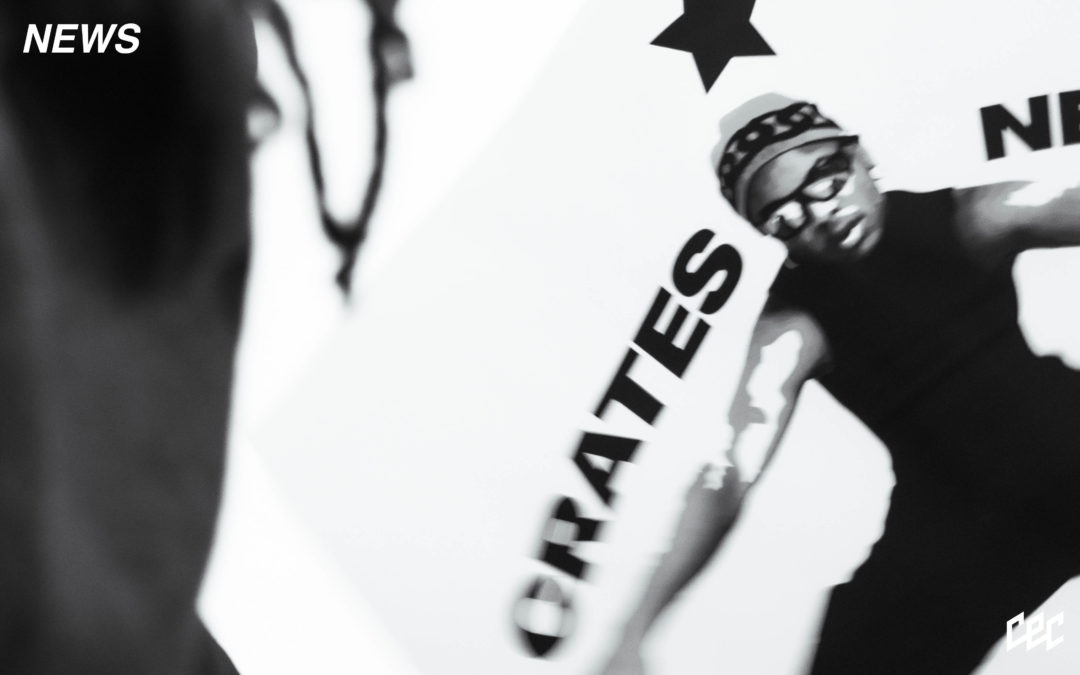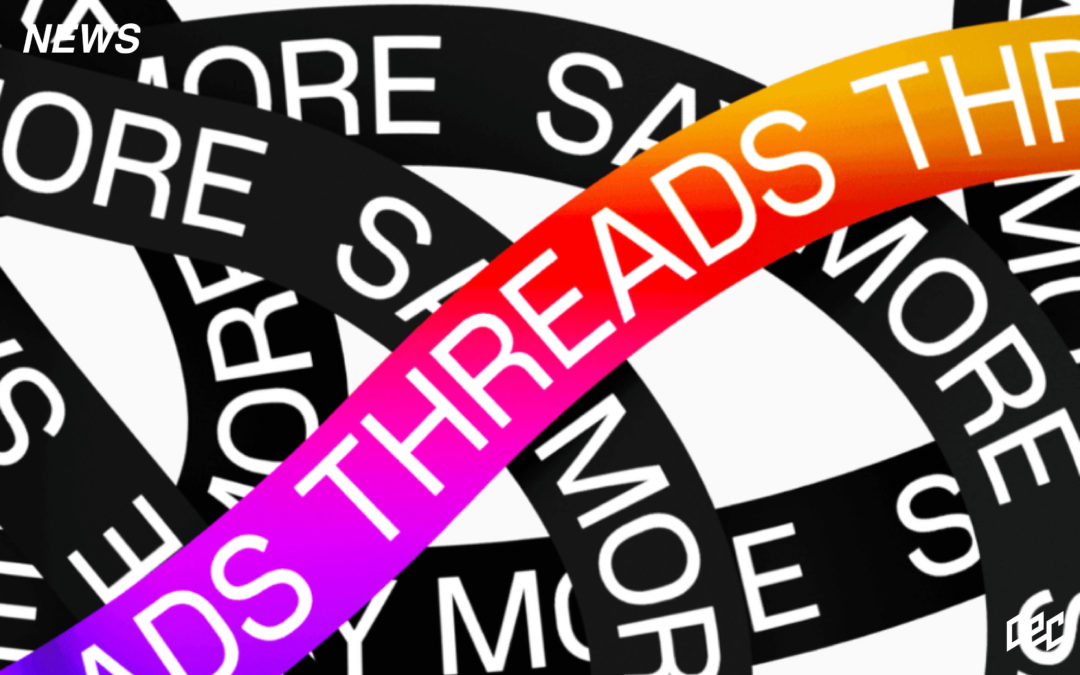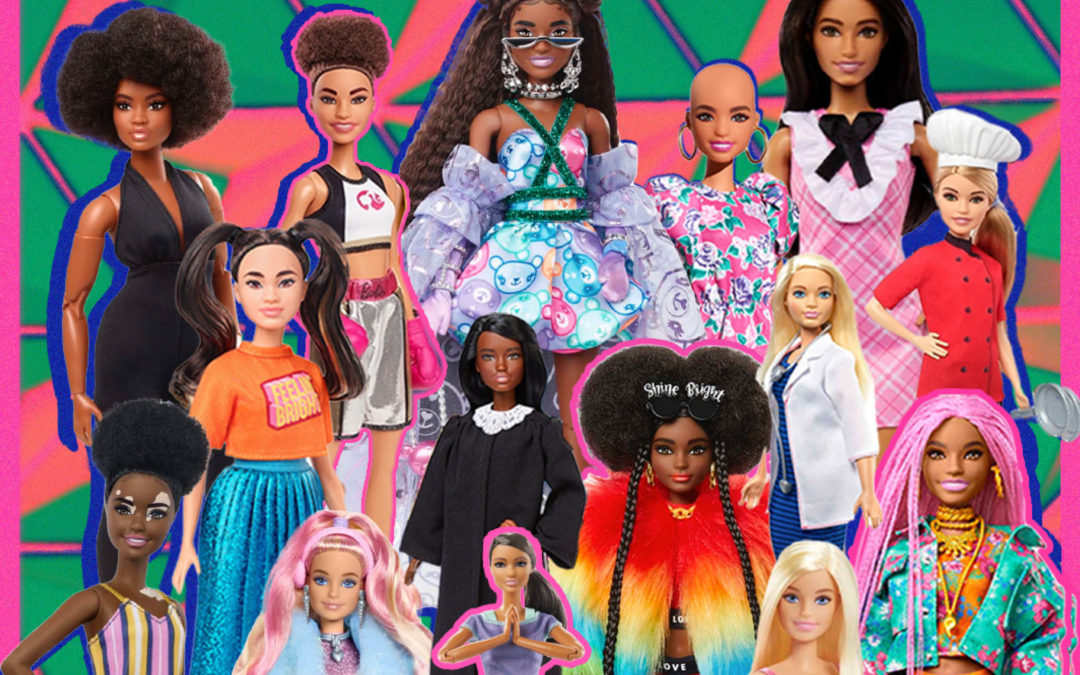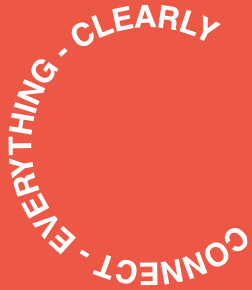Caitlin answers a few questions on her journey of “A Birthday Card in May” a vibrantly visual poetry collection divided into twelve chapters, for each month of the year.
Why did you choose self-publishing rather than conventional publishing routes?
Primarily: creative control. I got to choose everything from the font size to the images throughout the book and I think that’s allowed me to create something really authentic. But more than that, I think independent art is really important for challenging established creative norms. Someone like Rupi Kaur is a testament to how self-publishing can redefine the boundaries of an art form; her book grew into an entire genre of poetry that traditional publishing hadn’t yet made room for. Unfortunately, traditional publishing is primarily driven by profit and has a tendency to invest only in that which is safest or well-established — but art grows at art’s fringes. I will always advocate for independent publishing as a tool for stimulating the development of Art.
You didn’t tell anyone you were working on the book until you had primed your first run — why?
It was my way of owning the process. It was my way of owning the obligation to hold myself accountable. It was how I ensured that the book was a product of discipline and passion and my own experiences. It was a deeply personal project. The book wouldn’t have been the
same if I had received feedback throughout the process if I had had someone to turn to with my doubts and insecurities and everything I was unsure of. The book might’ve been better. It would’ve been different, though.
What was the most difficult part of the self-publishing process?
Editing. Not just because grammar becomes impossible the moment you become aware of it — like blinking or breathing — but also because I felt like the book needed to be perfect in every objective way that it could be. There are actually mistakes in the book that I’ll need to fix in the next run. And that was my biggest nightmare. I knew I couldn’t publish the book until I had come to terms with the fact that it might not be “perfect” and that was really, really difficult.
What inspired the poems?
I know a lot of creatives who are inspired, on a whim, by their immediate environment or their internal musings, but I prefer a much more structured approach to writing. All of my poems were written to their titles, like prompts. Yes, they inevitably draw from my experiences of the world, but they’re prompted. A lot of people are surprised by that.
Being an engineer by education, rather than a writer, how do you manage “imposter syndrome?”
Honestly, I’ve experienced imposter syndrome on both sides. A lot of my peers have really technical hobbies. They fiddle with cars or code for fun — I write poems. The first time I wrote a graded essay in university, one of my professors called me in to ask whether I thought my talent might be better placed in another faculty. Through my first and second year, I felt really out of place in STEM. But in writing the book, I also felt out of my depth. I have friends who have been trained in English literature and creative writing and I can’t help but feel “underqualified” in asserting that I’m a “writer”. But I follow my passions. I don’t think too hard about whether I deserve a seat at the table and try to focus more on whether I’m excited to have a seat at the table.
What do you hope readers will gain from having read your book?
First and foremost, I love seeing how the book has inspired others to pursue their own dreams. I’ve had writers contact me to tell me that my book made them finally start writing their own. People see my book and realize that it isn’t too soon or too late, that they’re not the wrong person for their dreams, that they don’t need to rely on other people to realize their ambitions. I love that. Secondly, I want to offer representation. When I was growing up, I was reading poetry written by long-dead white men. Young women don’t have a well-established voice in literature and it’s important to me that we share work that represents that perspective. I want to give young women a book that resonates with their own views of the world and that affirms that their experiences are important.
